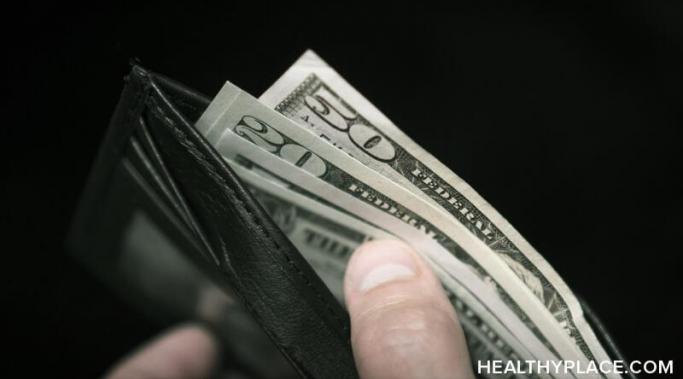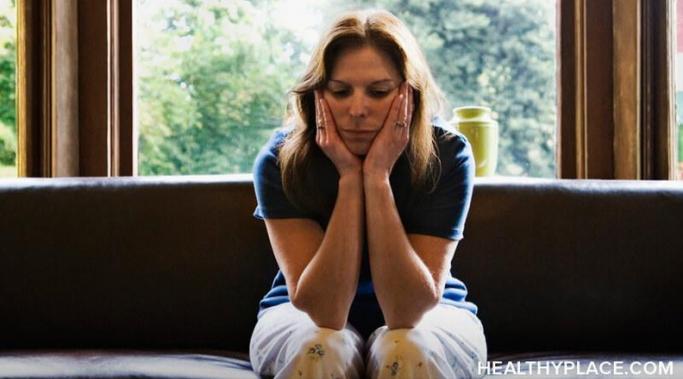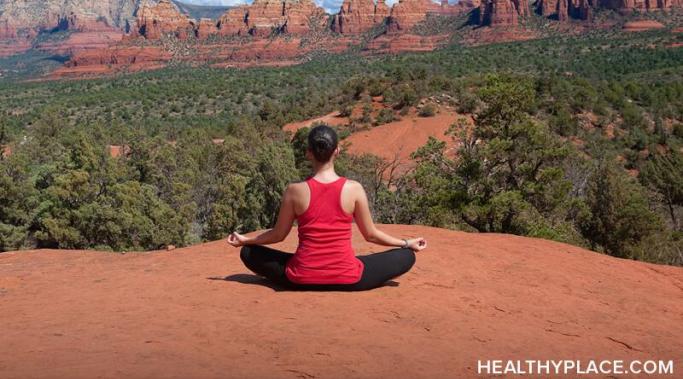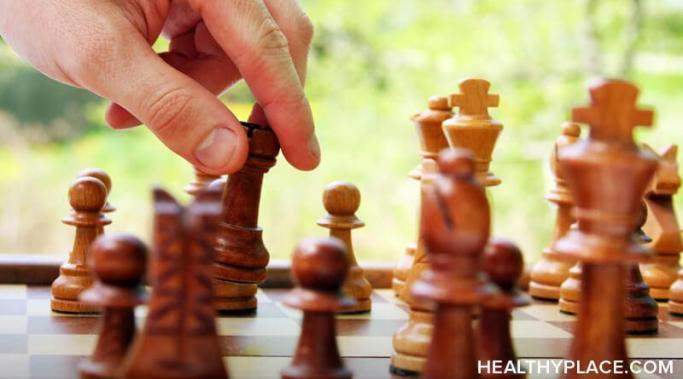Early this week at my meeting, we shared some of the toughest hurdles we've faced on our journey to gambling addiction recovery, and I couldn't help but notice that budgeting and debt managing emerged as a key theme. It's difficult to dig yourself out of debt and regain financial stability, especially if you don't know much about finance management. There are also limited resources on the topic aimed at recovering gamblers. This inspired me to delve deeper into the topic, as rebuilding finances was also one of my biggest challenges on my journey to recovery.
Recovering from Mental Illness
Times get tough, and I'm not immune to wanting to shut the world out when it feels too loud, too heavy, or simply too much; that's when distraction and escapism come into play. Sometimes, a little mind vacation is needed. Just like physical vacations, it can be helpful to mentally check out momentarily to rest and reset. But as with most things in life, there is a balance, and tipping the scales can have harmful consequences.
One of the toughest battles I have faced in my journey is the shame and stigma in recovery. For years, I carried the burden of shame, believing that my gambling addiction was a reflection of my moral failure. Society's misconceptions about gambling addiction only fueled these feelings, leaving me trapped in a cycle of self-blame and isolation. Society views gambling addiction as a matter of poor self-control. Most people still believe it is a choice and people can stop whenever they want, which is not the case. What shame and stigma in recovery do is disempower people and even hinder their ability to recognize addiction as a complex issue that requires support and treatment.
As I recovered from my mental illness, I still had an overwhelming, heavy feeling that I was behind in life. I spent so much time asking myself what I had done wrong when I really should have asked myself, "Why do I feel this way?" Comparing myself to others was a dangerous, harmful game, and at the end of the day, I was the only one keeping score in being behind in life.
As someone who has struggled with gambling addiction for a long time, I understand firsthand the challenges of preventing the relapse of gambling addiction. One moment, you feel like you are finally gaining back control, and the next, there is this overwhelming urge to gamble. In this article, I'll be sharing my experience with preventing a gambling addiction relapse, as well as proactive strategies to sustain long-term recovery.
Breathwork can help with anxiety. Sometimes, when it comes to managing mental health, it's best to go back to the basics, like breathing. It seems too simple, and it is simple, but that doesn't make it any less important. Breathwork is an amazing tool to refocus, calm one's mind, and work through moments of high anxiety. The best part is that it can be done anywhere at any time.
Knowing how to initiate recovery from gambling addiction is hard. The internal struggle of wanting to break free from the grasp of compulsive gambling while feeling unsure about where to start can be overwhelming. I have been there, struggling with the yearning for change but feeling paralyzed by the enormity of the task of initiating my recovery from gambling addiction.
Recovering from a mental illness is already hard, but being prescribed the wrong mental health medication makes the experience even harder. In the past, I have been prescribed the wrong mental health medications, and I’ve heard many stories of others who have had to deal with the same situation. Being medicated incorrectly can be harmful, so speaking up when there’s something wrong is critical.
I am a recovered compulsive gambler. Overcoming gambling dependency was a long road of self-discovery and transformation. Going through the process of breaking free from the shackles of compulsive gambling left me vulnerable and a lot like someone who’s on the outside looking in. As a recovered compulsive gambler, I continue to identify as a gambling addict despite my recovery milestones because owning this identity gives me power over the compulsion that held me hostage for so long.
I fell into habit tracking because in a world that is constantly changing, having clearly defined action steps is comforting. I’m able to trick my mind into creating a productive routine that feels more like a game than a chore. Sticking to healthy routines has a tremendously positive impact on my mental health, and it’s never been easier to do because I found a way that I enjoy. (Who doesn’t like the feeling of being able to check off boxes?)








